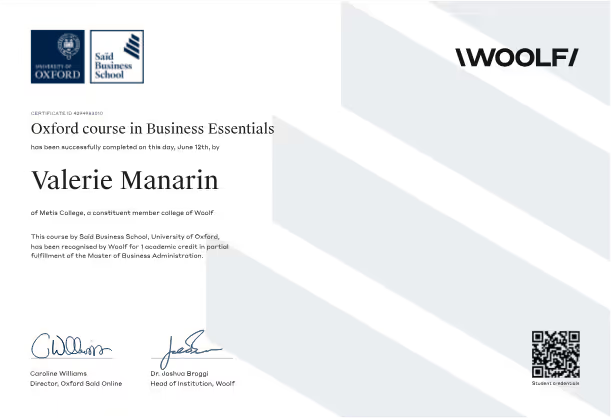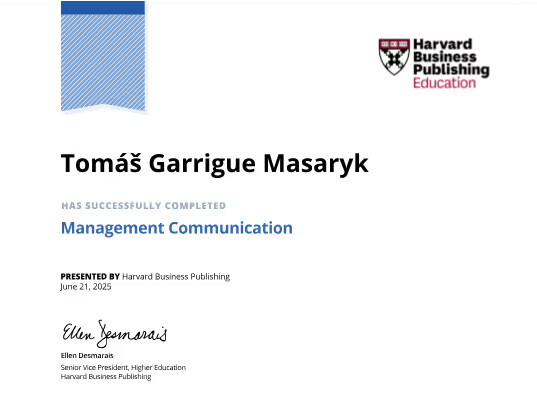
Transform your future with a globally recognized degree
Each program at Woolf combines academic excellence with flexible delivery, enabling you to earn internationally recognised credentials while balancing other commitments.

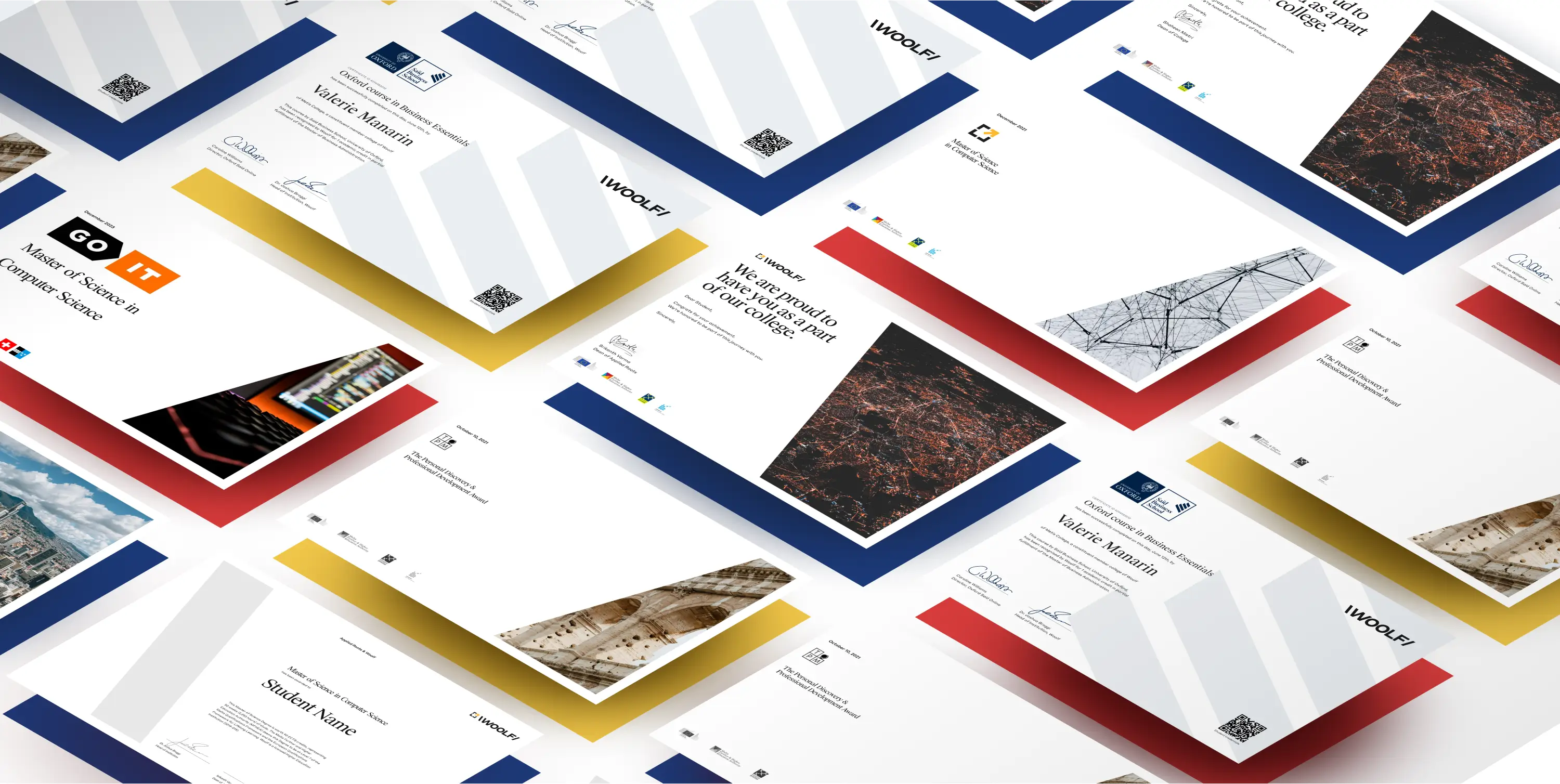
Your learning experience

Flexible schedule, rigorous standards
Study when and where it works for your life. Woolf's tutorial-based learning model means you'll work closely with faculty in small groups, engaging deeply with your subject matter while maintaining the flexibility to balance work, family, and other commitments.

Start online, finish on campus
Experience the flexibility of a Woolf education with our innovative pathway options. Begin your degree online from anywhere in the world, then complete your final year at one of our partnered global campus locations for an immersive university experience.

.svg)
Personal support
Every student is assigned an Academic Advisor who provides guidance throughout your journey. From course selection to career planning, you'll have dedicated support to help you succeed.
.svg)
Quality you can trust
All programs maintain the same rigorous academic standards, with curriculum reviewed by qualified faculty and assessment processes that ensure you earn your credentials through meaningful learning.

Global community
Join students from over 70 countries, creating a diverse learning environment that enriches your educational experience. Weekly tutorials connect you with peers and faculty, building relationships that extend far beyond graduation.
Programs you won't find elsewhere online
Woolf's online first model and prestigious partnerships make these exceptional programs accessible:

What is the collegiate system?
Like the University of Oxford, Woolf is made up of member colleges.
In a collegiate system, the main university grants degrees, while individual colleges operate independently under shared academic standards. Each college has its own staff, culture, and areas of focus, and every student earns a Woolf degree that includes both Woolf and their college name.

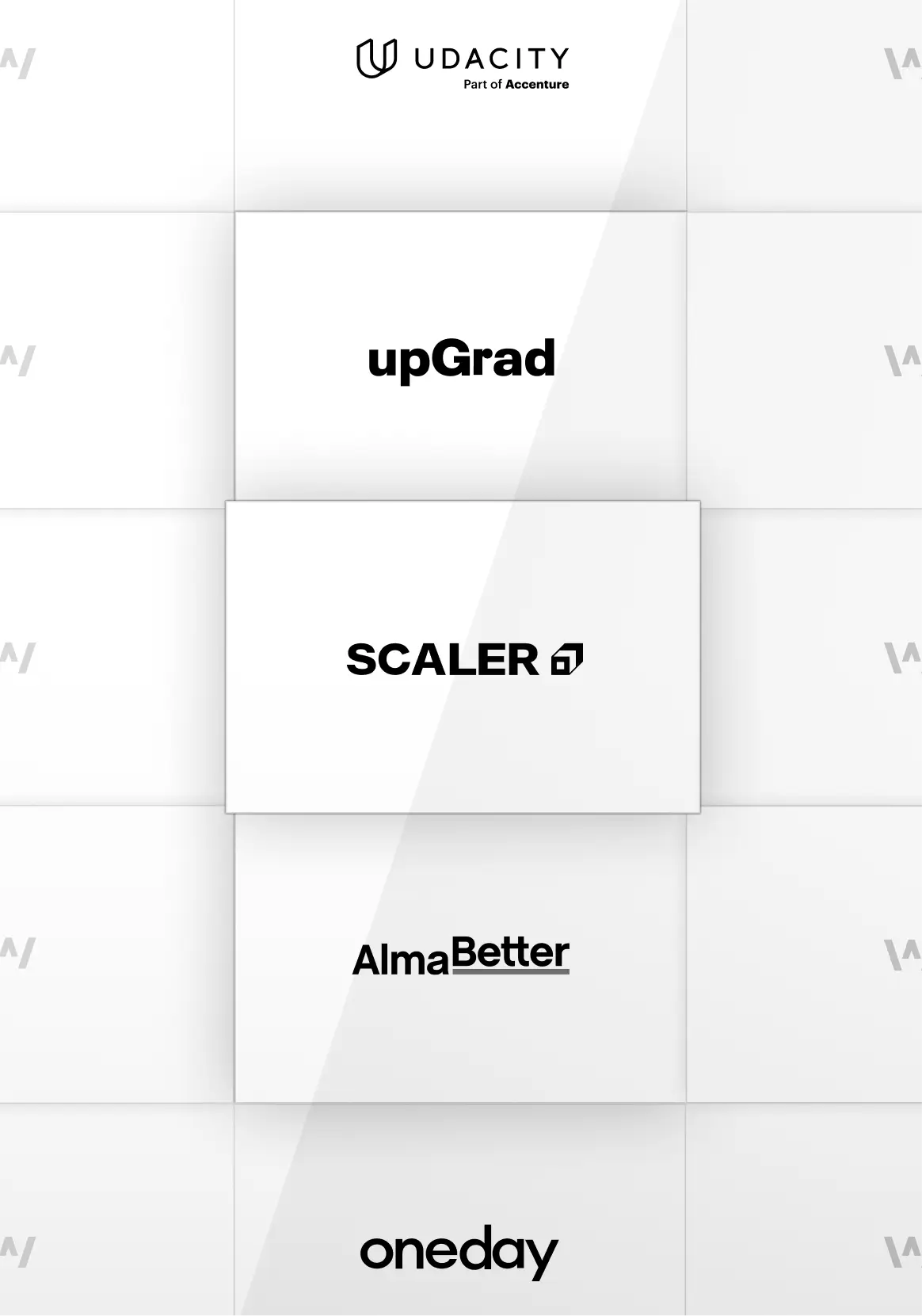
How do I choose a college?
At Woolf you have the flexibility to choose your college during the application process.
In cases where the same degree can be undertaken from multiple colleges, reach out to the Woolf support team for guidance; they will help you select the college that best aligns with your academic interests, career goals, and learning style. Each student is unique, and the diversity of colleges helps to ensure you find a program matched to your needs.






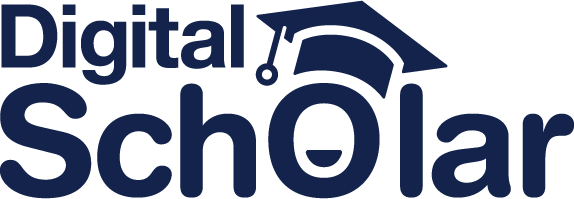





.avif)
